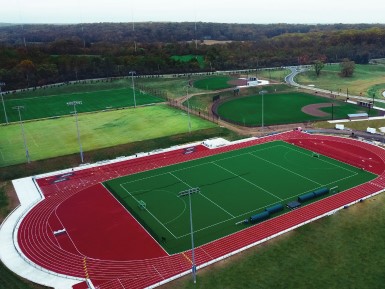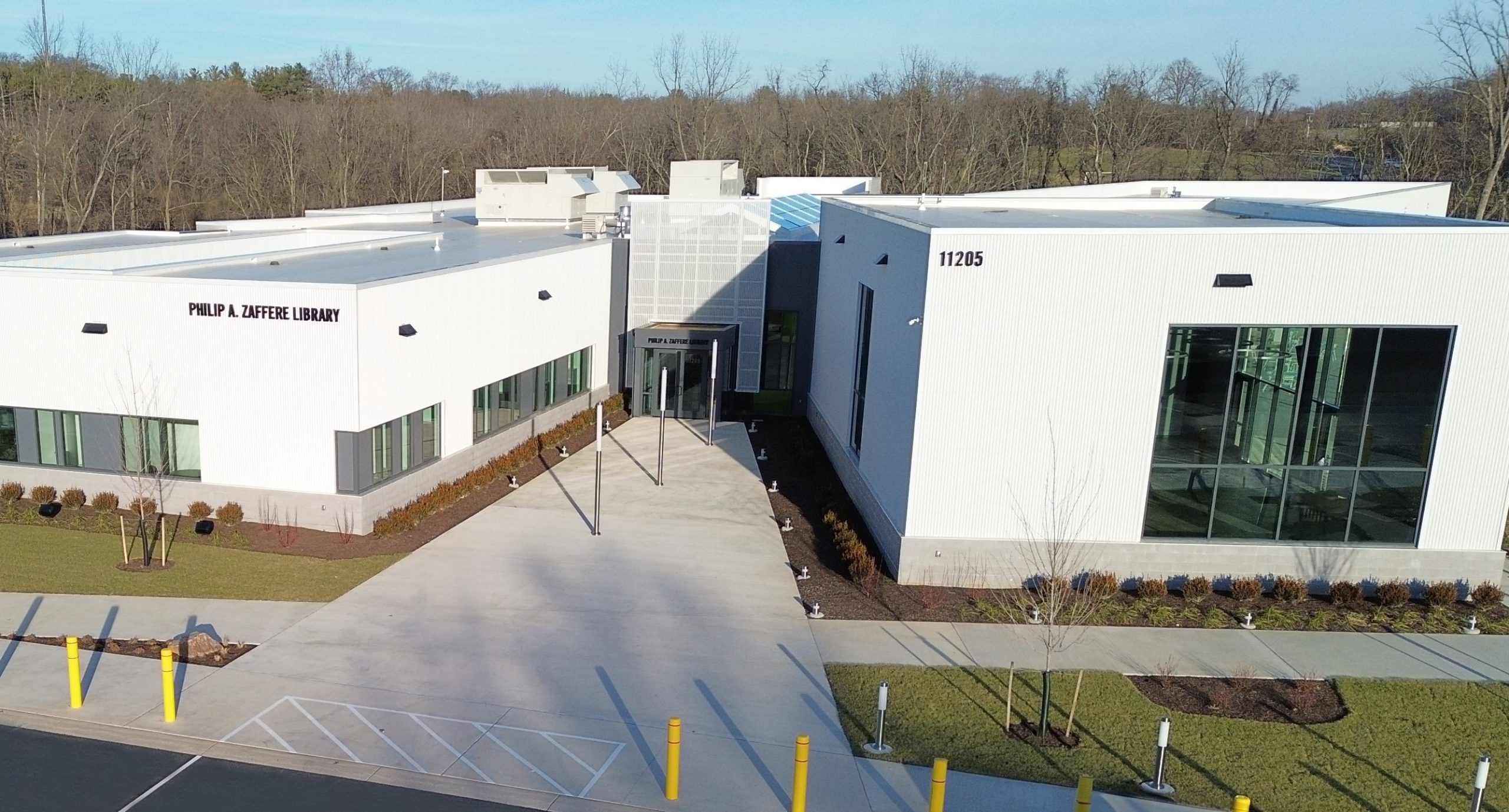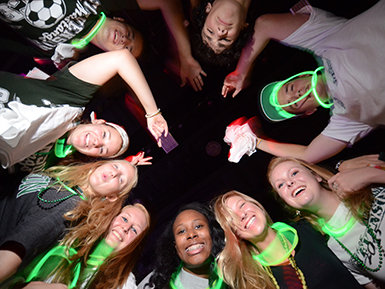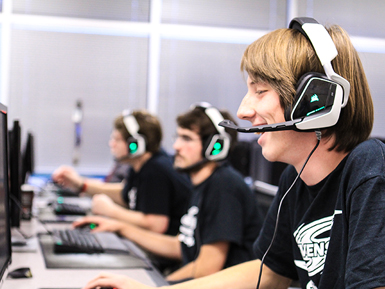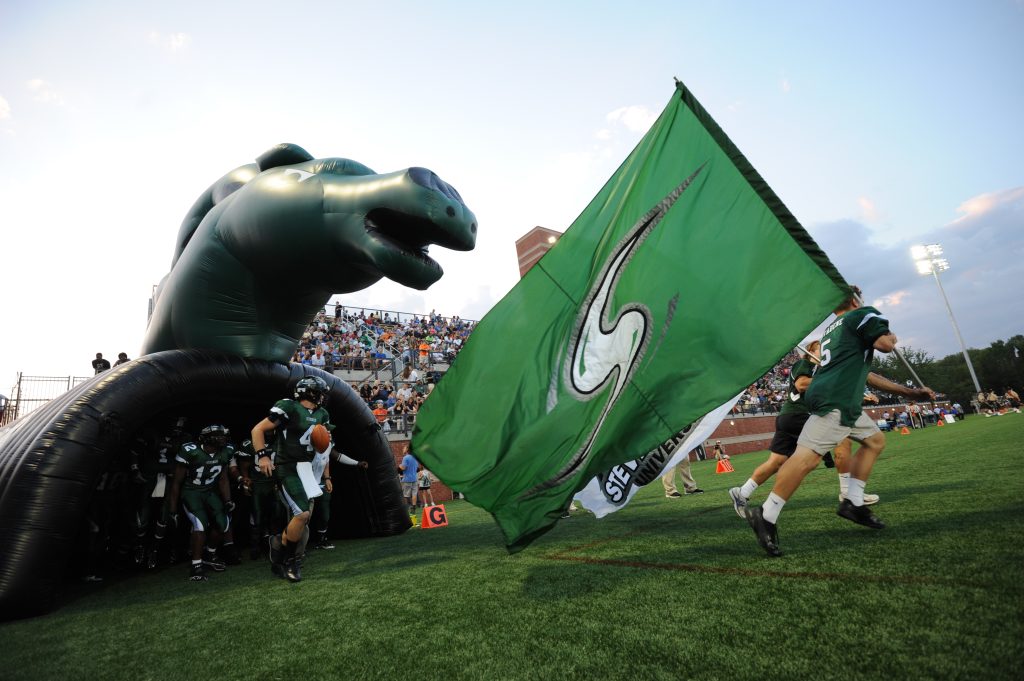Stevenson University uses Closed Circuit Television (CCTV) security cameras on its property to enhance the safety of all individuals on our campuses. The primary purpose for positioning security cameras in public areas is to deter crime and to record video images for use by Stevenson University Security and law enforcement agencies to investigate alleged violations of University policies or law.
CCTV cameras may be used in public areas on Stevenson’s property, which includes but is not limited to campus grounds, parking areas, building exteriors, loading docks, areas of ingress and egress to buildings, classrooms, lecture halls, study rooms, lobbies, theaters, libraries, dining halls, gymnasiums, recreation areas, residence hall corridors, and retail establishments. These are areas of the University in which persons would not have a reasonable expectation of privacy. Other areas which have access restricted to a limited number University employees but for which there is no expectation of privacy, such as storage areas, shall be considered public areas for the purpose of this policy.
CCTV cameras are not placed or used in areas in which a person, under law, has a reasonable expectation of privacy, including, but not limited to non-common areas of residence halls such as student rooms, suites, bathrooms; the shower areas, locker and changing rooms of athletic facilities; faculty lounges and locker rooms; changing areas for theater performances; and areas dedicated to medical, physical, or mental health counseling or treatment.
Signage clearly indicating the use of CCTV shall be placed at all University campus entrances. All such signs shall contain a notification that the cameras MAY be monitored for safety and security purposes. The placement of the signs and the text on the signs will be subject to the approval of the Director of Security.
CCTV camera footage, with the approval of the Director of Security or designee, will be used for the purposes of enhancing public safety, discouraging theft and other criminal activities, and investigating incidents. This includes releasing CCTV video recordings to external law enforcement agencies as part of an official investigation. Security cameras will not be used to conduct personnel investigations without prior approval of the Vice President of Human Resources.
CCTV video footage will be stored digitally on secured servers with appropriate computer security and accessible by authorized personnel only.
Requests for release of recorded material set forth in subpoenas or other legal documents which compel disclosure should be submitted to the Vice President, Chief of Staff.
The Director of Security, in conjunction with the University’s Chief Information Officer, or designee, will conduct periodic review of the deployment and utilization of CCTV across the University, to ensure its effectiveness as a safety tool and compliance with the reasonable expectation of privacy of individuals on campus. The Director of Security will routinely review CCTV standard operating procedures with the Security staff.
(Approved Nov. 2017)
